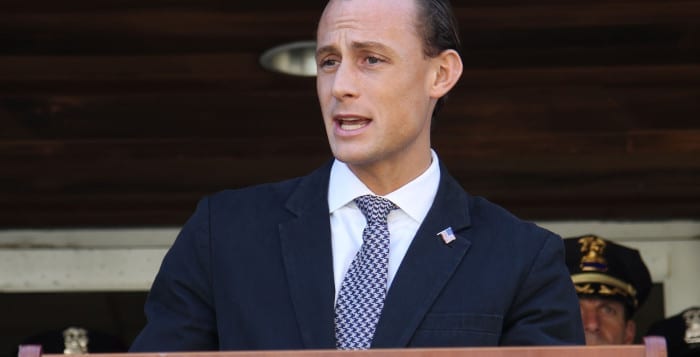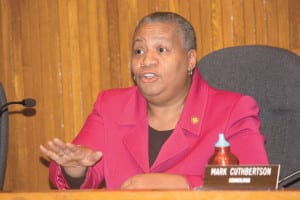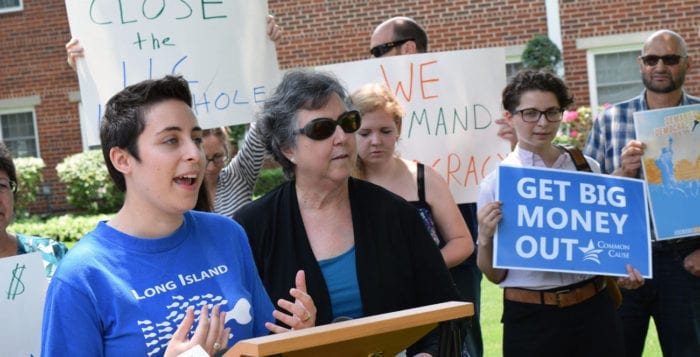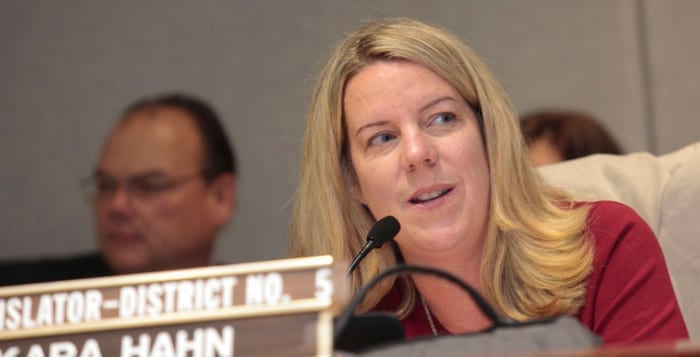By Alex Petroski
Last week Republicans in the House of Representatives took a major step toward fulfilling a lynchpin campaign promise that is seemingly decades old.
The House Ways and Means committee released the framework of the Tax Cuts and Jobs Act Nov. 2, a major piece of legislation touted by President Donald Trump (R) as a cut to income taxes for “hardworking, middle-income Americans,” though it would negatively affect New Yorkers if signed into law, according to lawmakers from both sides of the political aisle.
The highlights of the bill, which would require passage by the House and Senate and the president’s signature before becoming law, include a consolidation from seven individual income tax brackets down to four; the elimination of the deduction for state and local income taxes, a provision that in the past through federal tax returns gave a portion of tax dollars back to individuals in higher income tax states like New York; and a reduction of the corporate tax rate from 35 to 20 percent.
“I am a ‘No’ to this bill in its current form,” 1st Congressional District U.S. Rep. Lee Zeldin (R-Shirley) said in a statement. “We need to fix this state and local tax [SALT] deduction issue. Adding back in the property tax deduction up to $10,000 is progress, but not enough progress. If I’m not fighting for New Yorkers, I can’t expect anyone else from another state to do it for me.”
U.S. Rep. for the 2nd District, Tom Suozzi (D-Glen Cove), was even more critical of the bill than Zeldin.
“The goal of tax reform is to help hard-working Americans make more money so they can live the American Dream,” Suozzi said in a statement. “The American people expect us to find a bipartisan solution to tax reform that helps create good paying middle-class jobs. This plan doesn’t achieve that goal. I won’t support it.”
Other New York lawmakers from the Democratic Party voiced harsh opposition to the bill in its current form.
New York’s U.S. senators Kirsten Gillibrand (D-New York) and Chuck Schumer (D-New York) each said via Twitter they viewed the bill as a tax break for corporations that would have a negative impact on middle-class citizens. New York Gov. Andrew Cuomo (D) called the bill a “tax increase plan.”
“The tax reform plan, they call a tax cut plan,” Cuomo said in a statement. “It has a diabolical dimension, which is the elimination of the deductibility of state and local taxes … what makes it an even more gross injustice is, the state of New York contributes more to the federal government than any other state. New York contributes more to Washington than any other state. We’re the No. 1 donor state. We give $48 billion more than we get back. Why you would want to take more from New York is a gross, gross injustice.”
Duncan MacKenzie, chief executive officer of the New York State Association of Realtors said in a statement the bill would harm many New York homeowners.
“It will lessen the value of the property tax deduction and it cuts a host of other key housing-related tax incentives,” he said.
The Committee for a Responsible Federal Budget, a nonpartisan, nonprofit organization founded in the 1980s and dedicated to educating the public on issues with significant fiscal policy impact, estimated the bill would result in a $1.5 trillion increase to the national deficit.
Mark Snyder of Mark J. Snyder Financial Services, a Hauppauge-based personal financial planning and management firm, called the bill a “torpedo aimed at the wallets of Long Islanders” in an email. He also pointed to the elimination of the SALT deduction as clear evidence the bill would harm New Yorkers.
“As a representative from New York, I’d kick this bill to the curb,” he said when asked what he would do if he were tasked with voting on the bill.




















